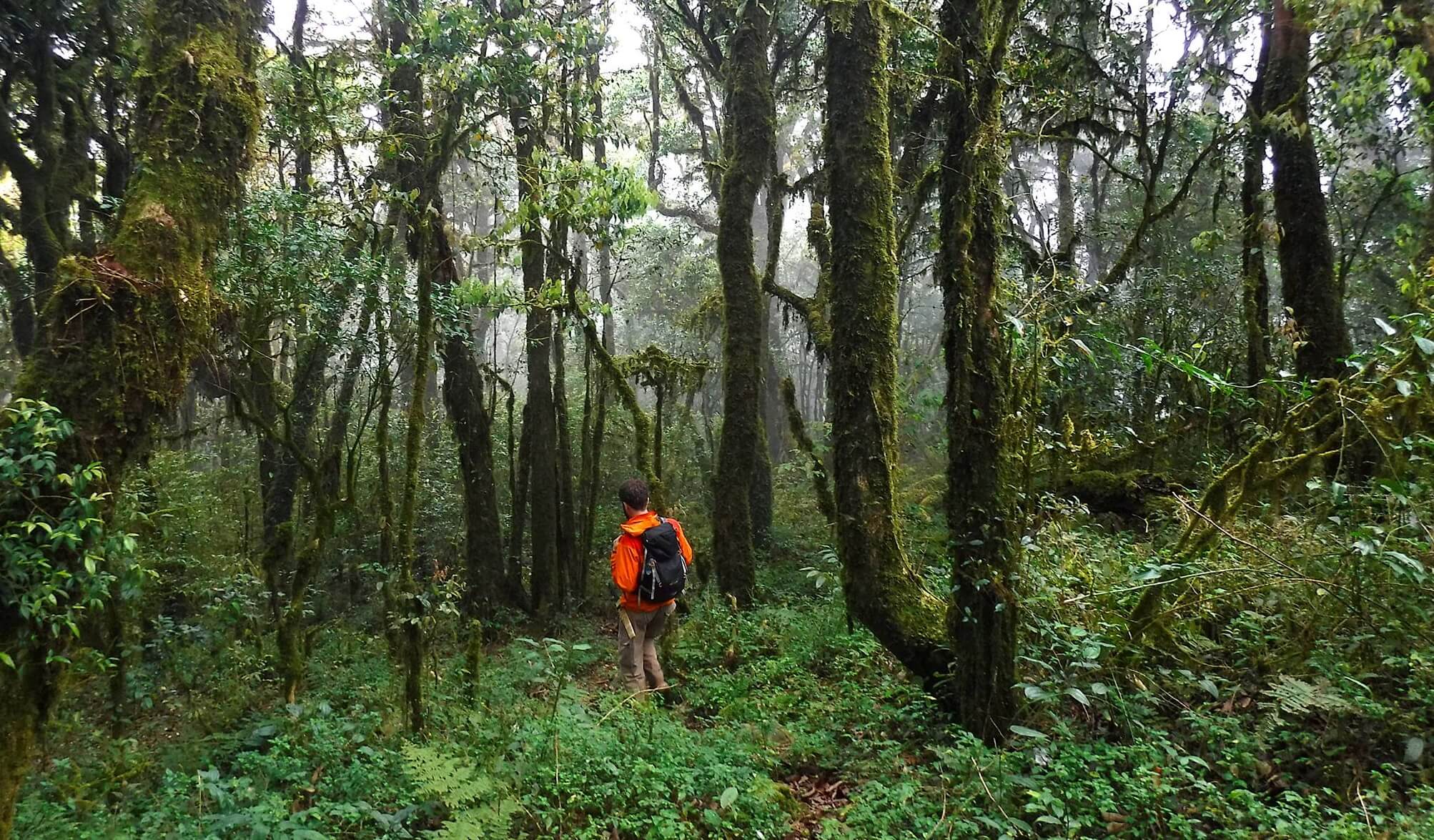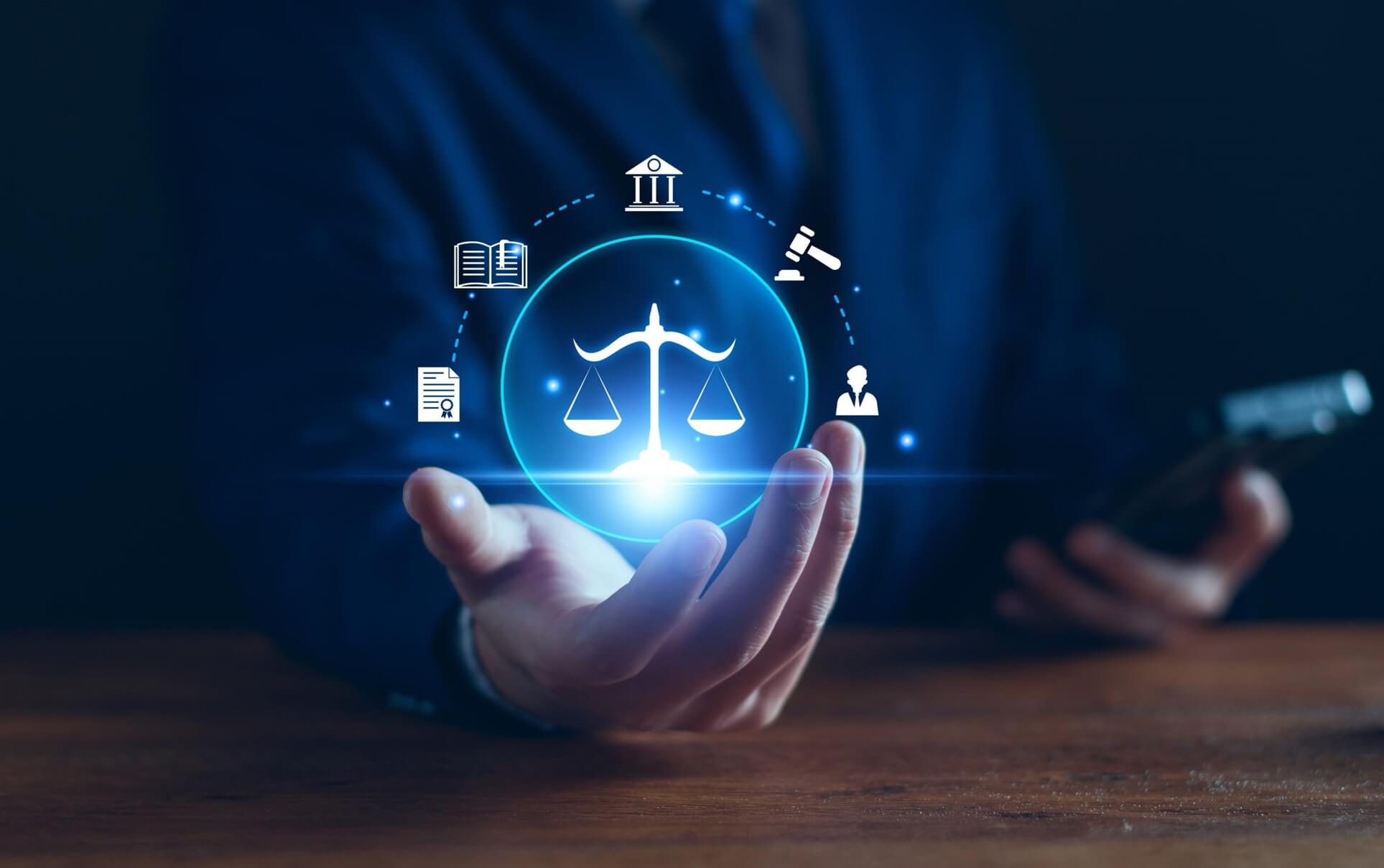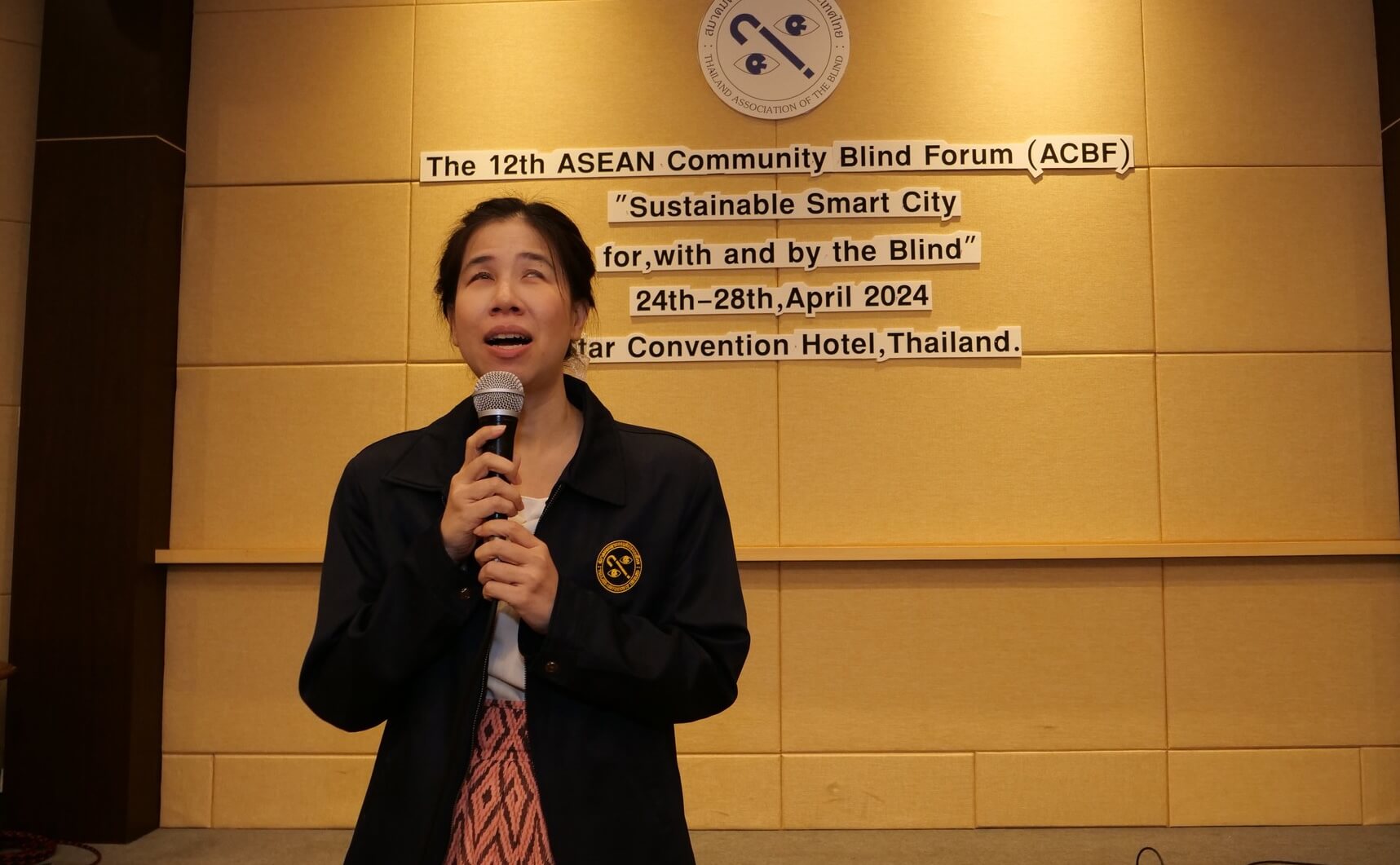Cover Story for the Issue 43 – Butil Tungong Hapag (From Grains to Table)

About the Artist Arvi Delos Reyes’ illustration is emblematic of Arvi’s interest in rural scenery and his signature artistic style. Arvi is a multidisciplinary artist from the Philippines specialising in illustration, painting, and visual storytelling. His creative focus delves into the intricacies of rural life, cultural heritage, and peasant struggle. Having spent most of his … Cover Story for the Issue 43 – Butil Tungong Hapag (From Grains to Table)








